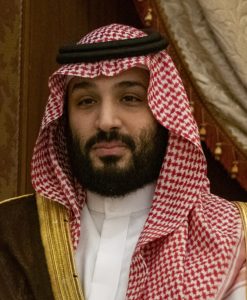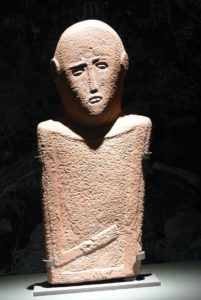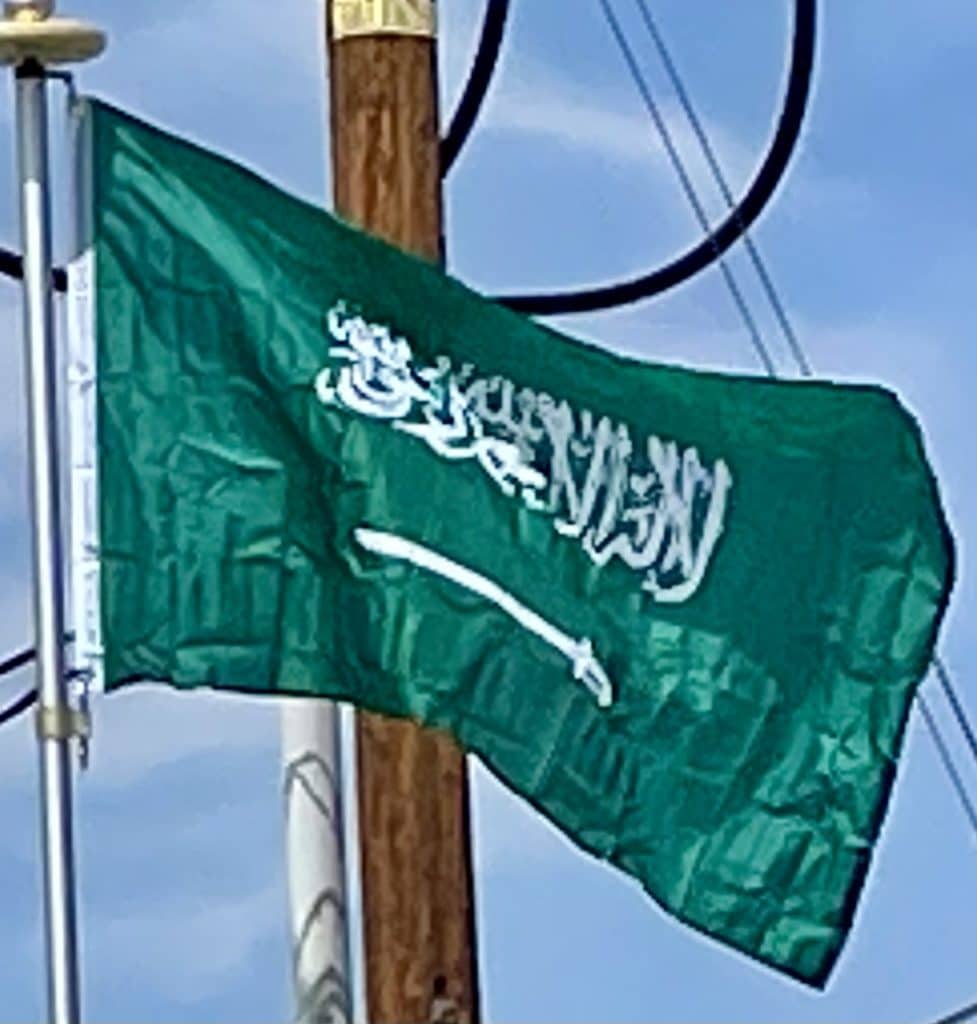However, the state has attracted criticism for a variety of reasons, including its role in the Yemeni Civil War, alleged sponsorship of Islamic terrorism and its poor human rights record, which has been characterized by the excessive and often extrajudicial use of capital punishment, failure to adopt adequate measures against human trafficking, state-sponsored discrimination against religious minorities and atheists, and antisemitism, and its strict interpretation of Shari’a law. However, Saudi Arabia recently introduced new reforms under the orders of Mohammed bin Salman, which includes improving women’s rights in Saudi Arabia, banning child marriage, removing anti-Semitic and misogynistic passages in school education, pushing the codification of the legal system, reduction in the use of capital punishment, as well as newly enforced protections for migrant workers to prevent mistreatment. However, many human rights organizations point out that Saudi Arabia must continue to introduce new reforms in order to be considered sufficient towards the improvement of its human rights record.

The kingdom spends 8% of its GDP on the military (highest in the world after Oman), which places it as the world’s third biggest military spender behind the United States and China, and the world’s largest arms importer from 2015 to 2019, receiving half of all the US arms exports to the Middle East. According to the BICC, Saudi Arabia is the 28th most militarized country in the world and enjoys the region’s best military equipment qualitatively, after Israel. However, in recent years, there have been continuous calls for halting of arms sales to Saudi Arabia, mainly due to alleged war crimes in Yemen and especially following the assassination of Jamal Khashoggi.

Saudi Arabia is considered both a regional and middle power. The Saudi economy is the largest in the Middle East and nineteenth-largest in the world. Saudi Arabia also has one of the world’s youngest populations, with approximately 50 percent of its population of 34.2 million being under 25 years old. In addition to being a member of the Gulf Cooperation Council, Saudi Arabia is an active and founding member of the United Nations, Organisation of Islamic Cooperation, Arab League, and OPEC.
History:
Prehistory:
There is evidence that human habitation in the Arabian Peninsula dates back to about 125,000 years ago.

At the end of the 4th millennium BC, Arabia entered the Bronze Age after witnessing drastic transformations; metals were widely used, and the period was characterized by its 2 m high burials which were simultaneously followed by the existence of numerous temples, that included many free-standing sculptures originally painted with red colors.
Pre-Islamic:
The earliest sedentary culture in Saudi Arabia dates back to the Ubaid period, upon discovering various pottery sherds at Dosariyah. Initial analysis of the discovery concluded that the eastern province of Saudi Arabia was the homeland of the earliest settlers of Mesopotamia, and by extension, the likely origin of the Sumerians.
Climatic change and the onset of aridity may have brought about the end of this phase of settlement, as little archaeological evidence exists from the succeeding millennium. The settlement of the region picks up again in the period of Dilmun in the early 3rd millennium. Known records from Uruk refer to a place called Dilmun, associated on several occasions with copper, and in later period it was a source of imported woods in southern Mesopotamia. A number of scholars have suggested that Dilmun originally designated the eastern province of Saudi Arabia, notably linked with the major Dilmunite settlements of Umm an-Nussi and Umm ar-Ramadh in the interior and Tarout on the coast. It is likely that Tarout Island was the main port and the capital of Dilmun.
